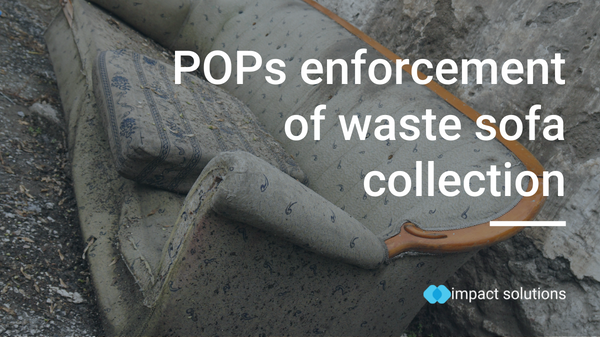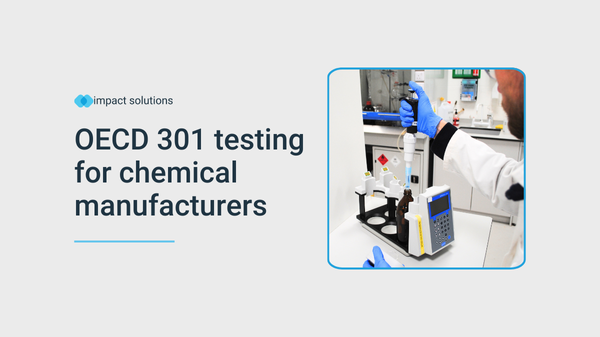Oxo-biodegradable (Photo-degradable) Plastics
Oxo-degradable (Photo-degradable) materials are mainly made of standard conventional plastics such as PE, PP, PET, etc. with some “special” additives. These additives are catalytic materials that help the products to biodegrade in a two-step process: oxidation and then biodegradation.
These catalytic materials are usually based on transition metals of cobalt (Co), magnesium (Mg), manganese (Mn), zinc (Zn), iron (Fe), or nickel (Ni) into the polymer. These metal ions are susceptible to light, heat, moisture, and mechanical stress and as such, weaken the tensile strength of the polymer chain.
But, with various types of catalytic additives incorporated into different plastics, the degree and the rate of degradation differ significantly. Therefore, standard tests should be carried out on the products made of oxo-biodegradable in order to understand and verify the biodegradation process.
The most popular method to assess the biodegradability of oxo-biodegradables is by exposing them under standard light and heat conditions using accelerated weathering chambers. The tests are standardised and presented on the following:
- ASTM D5071 – 06(2013): Standard Practice for Exposure of Photodegradable Plastics in a Xenon Arc Apparatus – oxo-photo biodegradable
- ASTM D5208 – 14: Standard Practice for Fluorescent Ultraviolet (UV) Exposure of Photodegradable Plastics – oxo-photo biodegradable.
We can work with you to design the best test program for your product, get in touch today.





